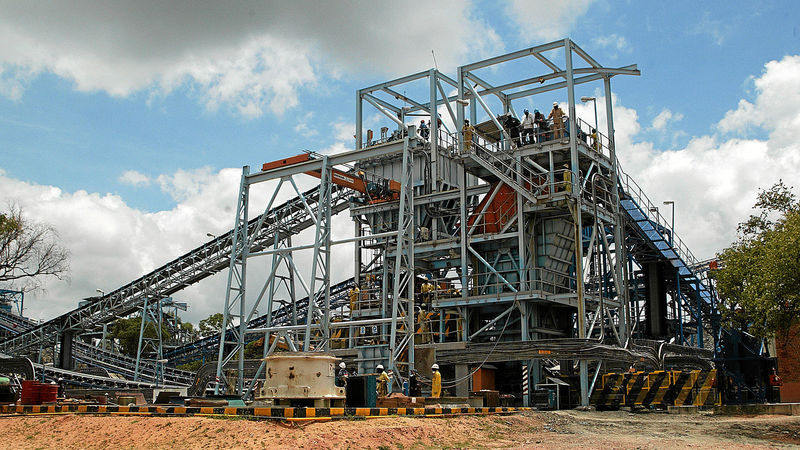HARARE – Diamond companies that were evicted from Marange despite winning court orders should be allowed to return, the Parliamentary Portfolio Committee on Mines says.
Mbada Diamonds, Anjin and Marange Resources were stripped of mining rights by then President Robert Mugabe’s government in 2016 following a move to nationalise the diamond mines.
In their wake, the government set up the Zimbabwe Consolidated Diamond Company (ZCDC) which now dominates production in Marange district in Manicaland Province.
Murowa Diamonds, formerly majority-owned by Rio Tinto until June 2015, is the only private company mining diamonds in the area, although the government recently invited De Beers and Vast Resources to set up diamond mines in Zimbabwe.
Temba Mliswa, the committee chairman, told Parliament on Thursday that the government – which has already been snubbed by De Beers – could not expect any investment when it had failed to comply with court orders directing it to allow the displaced companies to resume operations.
Presenting a report by the committee, Mliswa said: “It’s important to understand that ZCDC, in terms of the recommendations of the Portfolio Committee, was supposed to be disbanded. It continues to operate.
“So, it’s important that the ministry implements the resolution of the committee in disbanding ZCDC and reverting to the 2016 October position where the diamond mining companies which were there are put back because it’s about rule of law. Zimbabwe being ‘open for business’ must be seen to also be complying with the rule of law.”
Meanwhile, the mines committee has also called for a review of the Mines and Minerals Act which it says is no longer fit for purpose.
As part of that review, the MPs urged the government to revoke unutilised mining claims being held for speculative purposes while also recognising informal small-scale miners.
“Exploitation of resources under the current Act of 1961 is unsustainable hence the need to expedite the process. The small-scale miners who contribute the bulk of gold deliveries are considered illegal. The policy will be welcome as it will help in addressing the social, economic and environmental issues associated with artisanal and small-scale mining,” Mliswa said.
















